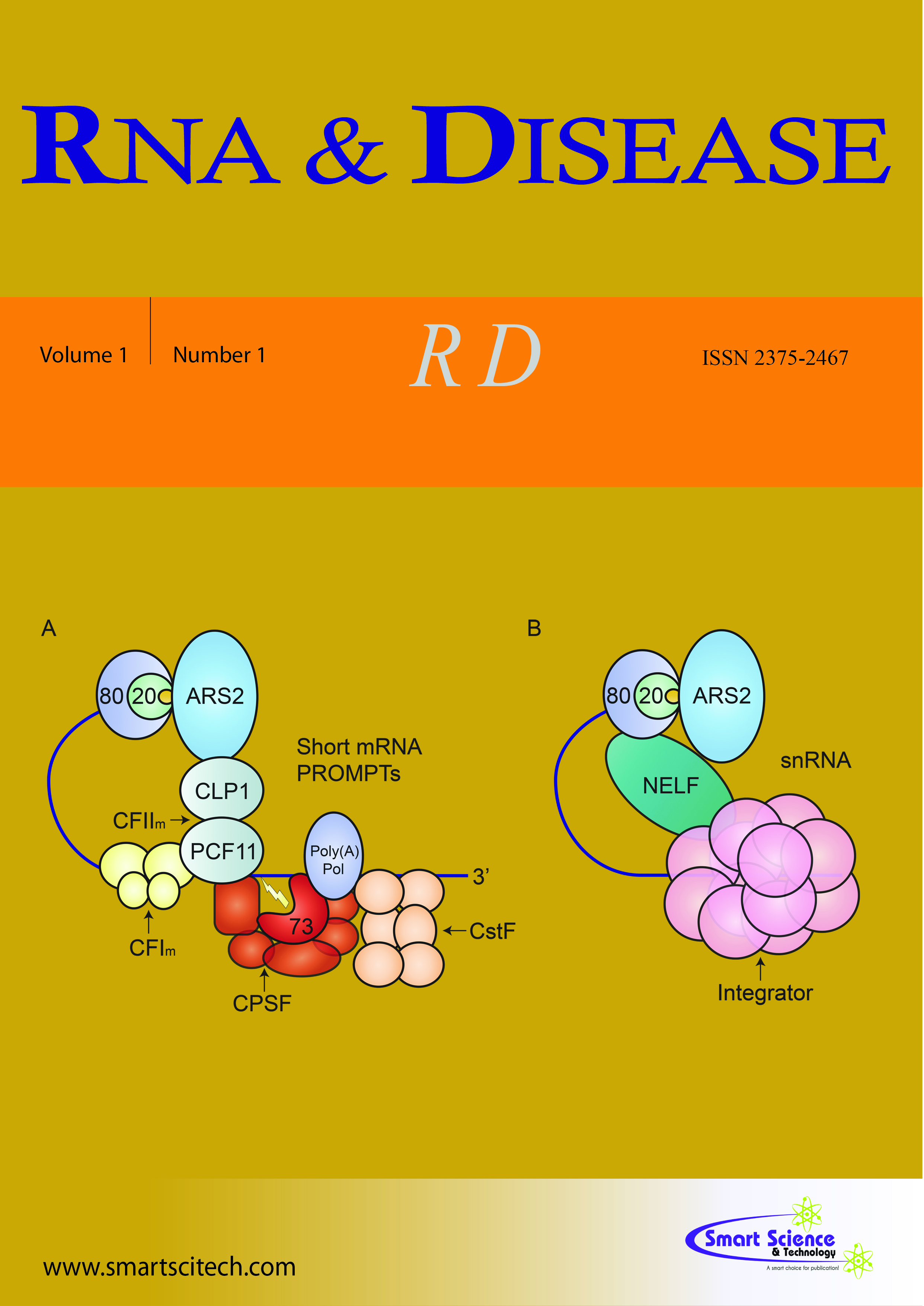Spatiotemporal analysis of microRNA-8 reveals important role in mosquito reproductive processes
DOI: 10.14800/rd.815
Abstract
Female mosquitoes require a blood meal for reproduction, providing the underlying mechanism for the spread of many devastating vector-borne diseases in humans. Understanding the mechanisms that govern the major functions linked to the female mosquito's ability to utilize blood and develop eggs is of paramount importance. Reports have indicated that microRNAs (miRNAs) are differentially expressed in various tissues of the female mosquito upon the uptake of a blood meal. In our previous research, we have reported the importance of miRNAs in regulating mosquito blood digestion through the characterization of the conserved miRNA, miR-275, and the mosquito specific miRNA, miR-1174. Our most recent work has shown that the conserved miRNA, miR-8, targets the Wingless signaling pathway to regulate secretion of yolk protein precursors by the female mosquito fat body and accumulation into the developing ovaries. Here, we summarize the role of miRNAs in the female mosquito, particularly miR-8. We also discuss the recent advances in mosquito biology and how these genetic tools can enhance our understanding of miRNA function.












